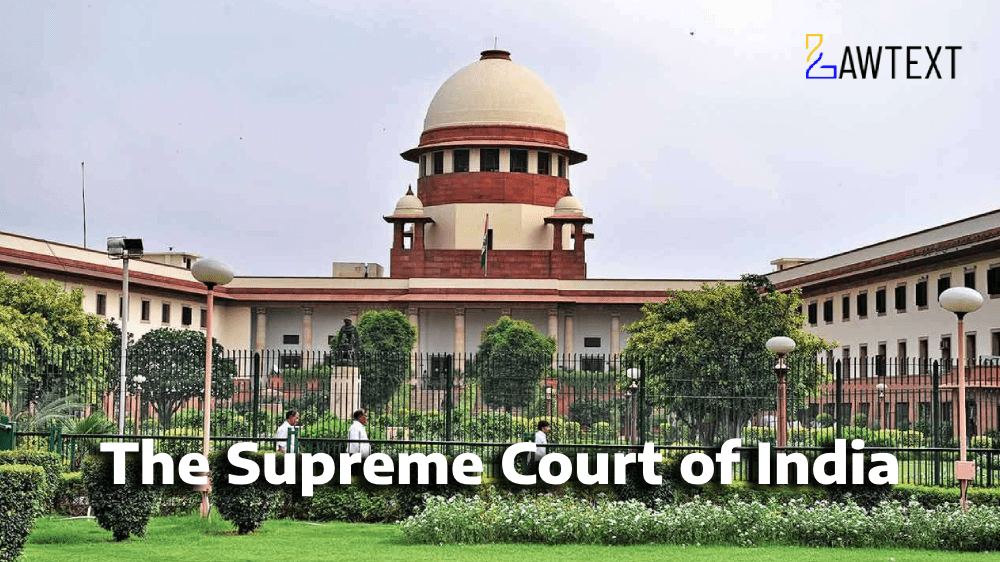Case Note & Summary
The Supreme Court quashed the criminal proceedings and conviction against the appellant, who was accused under Section 138 of the Negotiable Instruments Act (NI Act) and Sections 406, 420, and 120B of the Indian Penal Code (IPC). The case revolved around a failed transaction where the appellant could not deliver a "Promotec Fiber Laser Cutting Machine" after receiving an advance payment of Rs. 1.55 crore. Despite a settlement agreement, the appellant initially failed to repay the amount within the stipulated time, leading to legal action. However, the appellant later compensated the complainant in full, including interest. The Court, exercising its powers under Article 142, decided that there was no need to continue the criminal proceedings, as the appellant had fulfilled his financial obligations, and the original transaction was of a civil nature.
1. Background of the Case Transaction and Dispute: In 2012, Respondent No. 2 (the complainant) placed an order for a "Promotec Fiber Laser Cutting Machine" with the appellant's company, M/s Farmax, and paid Rs. 1.55 crore in advance. The company failed to deliver the machine, leading to legal disputes. Cheque Bounce and Legal Action: The appellant issued five cheques to return the advance money, but some were dishonored. This led to the initiation of proceedings under Section 138 of the NI Act and an FIR under Sections 406, 420, and 120B of the IPC. 2. Settlement Attempts and Court Proceedings Initial Conviction: The trial court convicted the appellant under Section 138 of the NI Act and sentenced him to two years of rigorous imprisonment. An effort to settle the dispute was made in the Lok Adalat, where the appellant agreed to repay the amount in 16 months. Failure to Comply: The appellant failed to meet the payment deadlines, and the settlement was declared frustrated. Despite subsequent efforts, including appeals to various courts, the appellant faced continued legal challenges. 3. Supreme Court Intervention Interim Orders and Compliance: The Supreme Court, in March 2023, directed the appellant to deposit Rs. 20 lacs before the trial court, which he complied with. The Court later ordered an additional Rs. 10 lacs as interest for delayed payment, which was also fulfilled by the appellant. Final Hearing and Judgment: Despite the appellant's full repayment, the complainant refused to settle. The Supreme Court, considering the appellant's compensation and the civil nature of the original transaction, decided to quash the criminal proceedings and the conviction. 4. Legal Reasoning and Article 142 Importance of Compensatory Justice: The Court emphasized that in cases under Section 138 of the NI Act, compensatory justice should take precedence over punitive measures. It referenced previous judgments highlighting that the primary intent of the law is to ensure the reliability of financial instruments and to compensate the aggrieved party. Exercise of Powers Under Article 142: The Court exercised its powers under Article 142 of the Constitution to quash the ongoing criminal appeals and set aside the appellant's conviction, ensuring that justice was done given the specific circumstances of the case. 5. Conclusion and Orders Quashing of Criminal Proceedings: The Supreme Court quashed the criminal proceedings under FIR No. 35 of 2014 and the related appeals, setting aside the appellant's conviction. Directions to the Trial Court: The trial court was directed to hand over the Demand Drafts totaling Rs. 30 lacs to the complainant.
Issue of Consideration: RAJ REDDY KALLEM Versus THE STATE OF HARYANA & ANR.
Premium Content
The Issue of Consideration is only available to subscribed members.
Subscribe Now to access critical case issues





